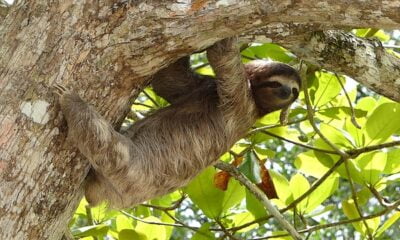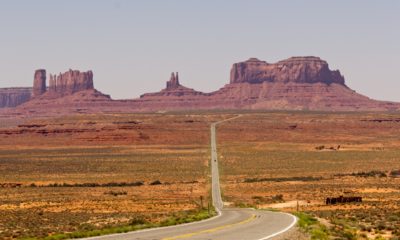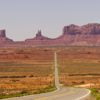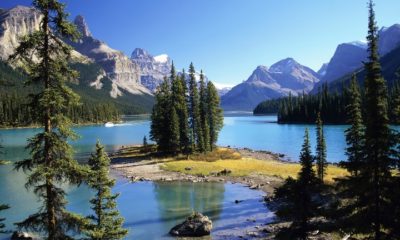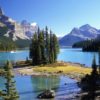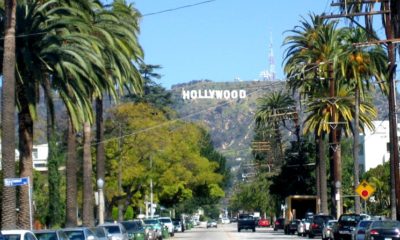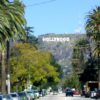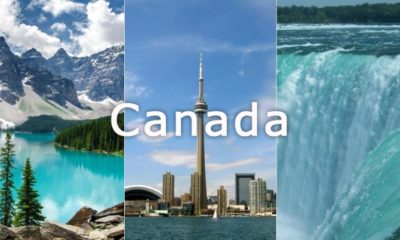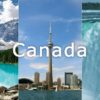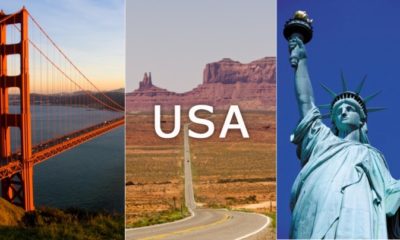North & Central America
Backpacking Nicaragua Need To Know
Basics
Language:
Capital:
Currency:
|
Dial Code:
Emergency Services Number:
Time Difference:
|
Entry
Nicaragua is party to the Central America Border Control Agreement (CA-4). Under the terms of this agreement, tourists of certain nationalities (including all EU nations, Americans, Canadians, New Zealanders and Australians) may travel within any of the CA-4 countries (Honduras, Nicaragua, El Salvador and Guatemala) for a period of up to 90 days, without completing entry and exit formalities at border Immigration checkpoints. The 90 day period begins at the first point of entry of any of the CA-4 countries. You can apply for an extension of up to 30 days by paying a fee before the 90 days limit expires. If you’re expelled from any of the 4 countries you are also excluded from the entire CA-4 region.
A visa is not needed for citizens of eligible countries of the CA-4, but you may be refused entry if you don’t have an onward ticket out of Nicaragua.
There is a US$10 arrival tax, which should be paid in cash.
Yellow fever vaccination is required for travellers arriving from countries with risk of yellow fever transmission.
Your passport should be valid for a minimum period of 6 months from the date of entry Nicaragua.
For official information visit your home government travel bureau.
Getting Around
Don’t travel on buses after dark.
If possible use radio-dispatched taxis. If you get a taxi on the street, use an authorised taxi, which has red plates, and the driver’s identification number, name and photograph clearly visible on the dashboard. Take note of the colour and number of the vehicle before you get in. Avoid sharing taxis with strangers. Always agree the fare before you set off.
More detail is to come in this section, but you can read about general advice regarding Getting Around When You Get There
Accommodation
Nicaragua has a wide variety of hostels and you should never have any problem finding one.
The average price of a hostel is 165-330 NIO (£4-8) a night. Hotels can also be relatively cheap, but vary in quality.
All hostels in Nicaragua will provide linen and bathroom facilities. Usually there will be internet facilities as well as common and laundry rooms.
Read more about Accommodation When You Get There and Living in Hostels
Food And Health
Restaurants are cheap and cooking facilities in hostels are rare.
Food hygiene and safety is satisfactory, but isn’t up to Western standards. Use your instincts; if the place looks dirty, don’t eat there; if your food isn’t piping hot, don’t eat it.
Water is generally not safe to drink, so it is best to buy bottled or boil.
Public hospitals in Nicaragua are not well equipped and charge for some services. Make sure you have adequate travel health insurance and accessible funds to cover the cost of any medical treatment abroad and repatriation.
Mosquito borne viruses are present in Nicaragua, so you should take steps to avoid being bitten by mosquitoes. Always contact your GP around 8 weeks before your trip to check whether you need any vaccinations or other preventive measures. Visit here for Recommended Vaccinations and read here for more about Travelling Health In General
Weather & Time To Go
The climate is tropical, so very hot and humid throughout the year. It is best to visit in the dry season; January to May.
Communications
Internet and wifi is widespread and accessible in most hostels. Local pay-as-you-go SIM cards for your mobile phone and international calling cards are cheaply available.
Dangers And Considerations
Street crime is common in Managua and other large towns. Pickpockets and thieves operate on public transport and around bus terminals. Don’t walk alone or travel by road after dark.
Express kidnappings can occur involving passengers using unauthorised taxis, where cash is demanded for release a short while later (see Getting Around).
Hostels that are not staffed at the front desk 24 hours a day or have inadequate security measures are susceptible to break-ins.
Protests are common, you should avoid all public gatherings and mass demonstrations, as they can sometimes turn violent.
Don’t become involved with drugs of any kind. Possession of even very small quantities can lead to imprisonment.
Nicaragua is prone to seismic and volcanic activity, hurricanes, severe storms and flooding. Follow the advice local authorities and emergency services in the event of a natural disaster and don’t hike on volcanoes without an experienced guide.
Dangers constantly change. Always check with your foreign office (British Foreign Office webpage) or travel advice bureau for the latest information regarding your destinations safety.


